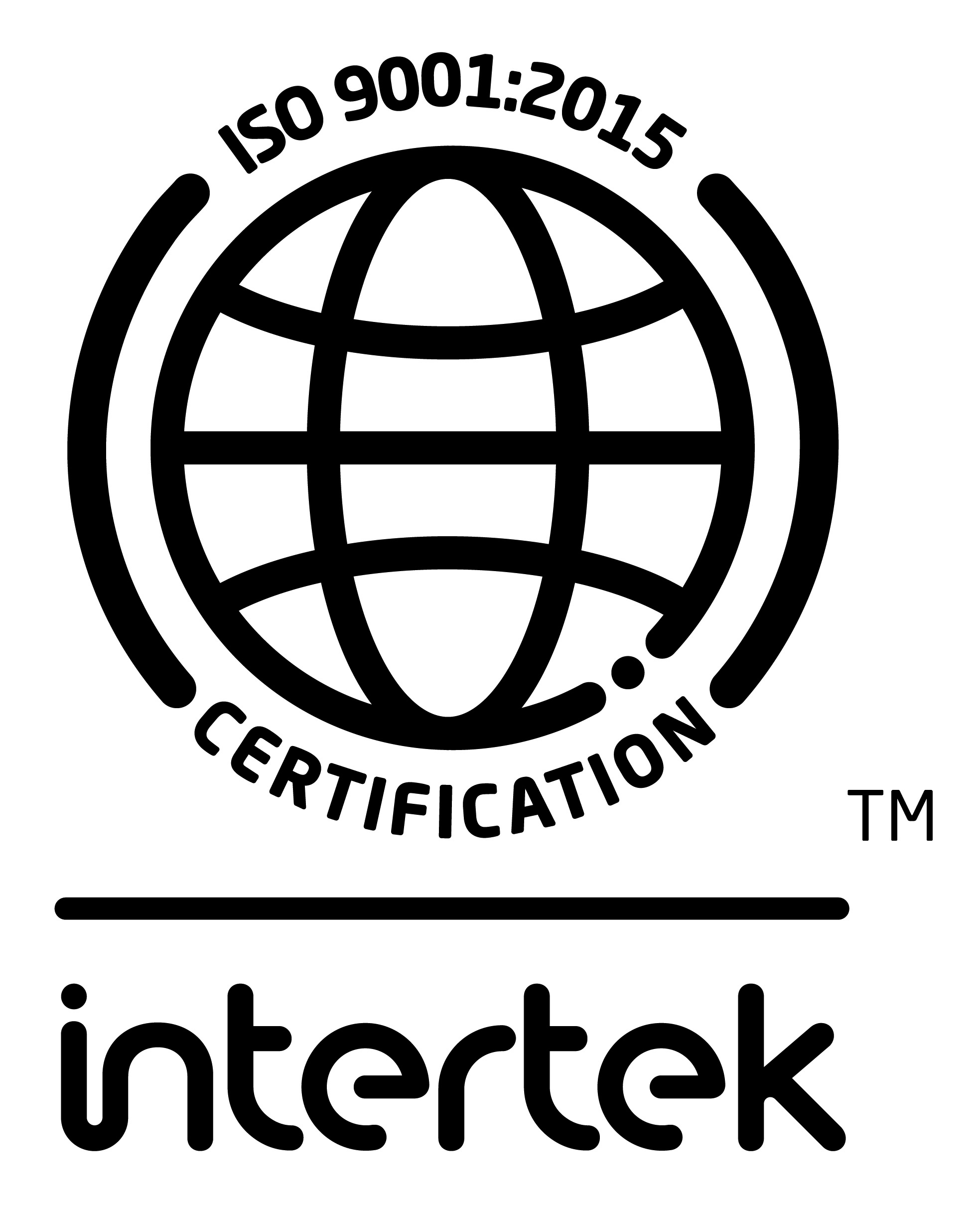The company concludes the program with demonstrated persistent subsea communication achieving ranges exceeding 600 km off the Scotian Shelf.
GeoSpectrum Technologies (GeoSpectrum) announces the successful completion of the All Domain Situational Awareness (ADSA) program providing Canada with guidance on surveillance under ice in Canadian territorial waters of the Arctic sub-sea. As part of the program, GeoSpectrum demonstrated the ability to communicate over very long ranges to remote sensors with limited power, using two of the company’s systems: The C-Bass Very Low Frequency (VLF) sonar source system and the Low5 Unmanned Underwater Vehicle (UUV) towed passive array.
GeoSpectrum completed work in the ADSA program under two contracts that were awarded from the Department of National Defence in 2017, for demonstrating Long Range Detection and Communications and a Low Frequency Towed Array for autonomous use. The first requirement led to the development of the groundbreaking C-Bass Very Low Frequency (VLF) acoustic sources exhibiting high power in unprecedented compact form and costs. The second requirement led to the development of the high-performance Low5 acoustic array optimized for low frequency, low drag, low power, low displacement and low cost, and especially suitable for passive sonar operation by persistent unmanned systems.
As part of the ADSA program, the C-Bass and the Low5 systems were deployed cooperatively in operational conditions achieving communication ranges exceeding 600 km off the Scotian Shelf and confirming modeling expectations. Such a performance demonstrates the capability to deliver a complete subsea persistent surveillance solution enabling targeted localization and monitoring of key Arctic regions for improved strategic decision-making.
C-Bass and Low5 are economical and compact systems and are attractive for use in autonomous and remote platforms where VLF is critical to achieving under-ice performance.
Leveraging the technology developed for the ADSA program, a family of several types of C-Bass sources was developed with flexible power and size attributes suitable for defense, scientific and commercial applications.
Paul Yeatman, President of GeoSpectrum, commented: “We are very pleased to see the potential of these new systems which provide exciting new Arctic surveillance capabilities in cooperation with existing programs such as the new Arctic Offshore Patrol Vessels. GeoSpectrum has sold multiple C-Bass systems of various types to multiple customers worldwide which is a strong indicator of the value of the ADSA program. In addition to yielding these exciting products, achievements in the ADSA program as well as additional GeoSpectrum R&D endeavors, provide a sound foundation and important building blocks toward achieving large area yet cost-effective underwater surveillance solutions which will incorporate unmanned systems and autonomous processing.
For more information, please contact Sean Kelly: Sean.Kelly@geospectrum.ca
Notes to Editors:
The All Domain Situational Awareness (ADSA) is an S&T program from the Department of National Defence. ADSA’s intent is to coordinate and fund research and analysis to support the development of options for enhanced domain awareness of air, maritime surface and sub-surface approaches to Canada, in particular those in the Arctic. This research and analysis will be delivered through collaboration with other government departments (OGDs), academia, industry and allies. Surveillance solutions explored and selected will strengthen the Government of Canada’s ability to exercise sovereignty in the North, and will provide a greater whole-of-government awareness of safety and security issues, as well as transportation and commercial activity, in Canada’s Arctic.
Both above-mentioned programs were executed with the assistance of several local organizations including Hines Ocean Science and Technology, Jasco Applied Sciences, and Dalhousie University. Work on this program will in part be based on equipment GTI has developed with support from Atlantic Canada Opportunities Agency (ACOA) and the National Research Council Industrial Research Assistance Program (IRAP).


